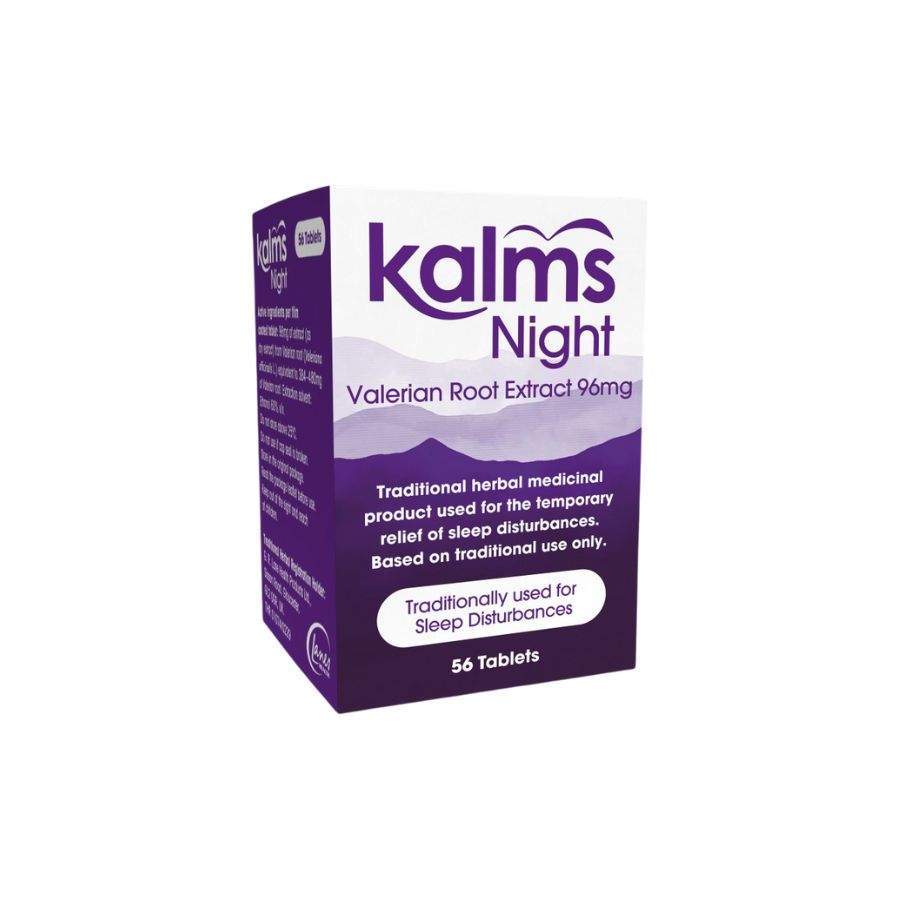Sleep & Stress Remedies
17 products
Showing 1 - 17 of 17 products
Sleep and Stress Products
Sleep is important for your physical and mental health. Most people need between 5 to 9 hours sleep a night. The ideal amount is 8 hours, but everyone's different.
Sometimes it's not always possible to get as much sleep as you would like. If you don't sleep well, you won't feel as alert as you should. You will feel easily agitated and your actions may seem slow.
Stress and Anxiety can lead to sleeping problems. You can experience stress or anxiety at work, with family, or in daily life. As the stressful situation passes, a more regular sleep pattern should return.
Try not to worry if your sleep is disturbed for a short while. This can be perfectly normal.
Disrupted Sleep
Difficulty sleeping is often called Insomnia. The odd night without sleep won't cause you any damage. But insomnia can leave you tired and moody. You might also be unable to focus on tasks.
Things that can disrupt sleep include:
- asthma
- breathing problems
- pregnancy
- stimulants like caffeine and nicotine
- some types of medication
- some forms of the contraceptive pill
- pain and cold relievers
- jet lag
- stress and worry
Better Sleep Tips
You can take steps to improve your sleep.
They include:
- keeping active
- avoiding stimulants
- keeping to a routine
- avoiding naps
- relaxing your body and mind
Keep active - Regular exercise can help improve your sleep. But try to avoid exercise in the hour before bedtime.
Avoid stimulants - Avoid tea and coffee, or foods high in sugar, in the evenings.
Routine - Go to bed at the same time each night and get up at the same time each morning. This helps your body clock get into a rhythm and makes sleeping feel more natural.
Naps - If possible, avoid naps during the day. This is because it makes it harder to fall asleep at night.
Relax - Process the day's thoughts and feelings and then let go of them. If it helps, write things down or talk about them with someone you trust. Reading in bed can focus your mind and empty it of the day's worries. Your bedroom should be a comfortable temperature. If it's too hot or too cold, it may make it more difficult for you to sleep. Turn off all technology and do something restful such as gentle stretches or taking a warm bath. Deep breathing exercises can help you to relax. The smell of lavender oil also helps. Try sprinkling a few drops on your pillow. Learning meditation is a very useful tool for stilling the mind and relaxing the body.
Stress
Stress can become a problem when it starts to affect how you cope with day-to-day stuff.
How stress affects the body
The human body responds to events that provoke stress by activating the nervous system and specific hormones. These hormones speed up heart rate, breathing rate, blood pressure, and metabolism. The physical changes prepare you to react quickly to handle the pressure of the moment. This natural reaction is known as the stress response. This response improves your ability to perform well under pressure.
Causes of over-stress
Stress affects everybody in a different way. What causes one person to become over-stressed may not have the same effect on someone else. Many things may cause people to become over-stressed, including:
- exams
- problems at school or work
- sexual, physical or emotional abuse
- relationships
- new responsibilities
- moving to a new place
- a traumatic event – such as the death of a loved one
- new or chronic illness or disability
- peer pressure, being bullied
- unrealistic expectations placed on you by yourself, friend, family or culture
How stress can impact on you
Stress can affect how you feel emotionally, mentally and physically. Stress can also affect how you behave. You may feel emotionally overwhelmed, irritable and wound up. You can also feel anxious or fearful and lacking in self-esteem. You may have difficulty concentrating and in making decisions. You may also experience racing thoughts and constant worrying.
Stress can affect you physically. You might have headaches and experience dizziness. Although you may feel tired all the time, you could have problems sleeping. Some people eat too much or too little when they are under stress. A common symptom of stress is having muscle tension or pain.
When you are under stress you may find yourself drinking or smoking more than you usually do. You might snap at people for very little reason or no reason at all. Stress can make you avoid things or people you are having problems with.





















